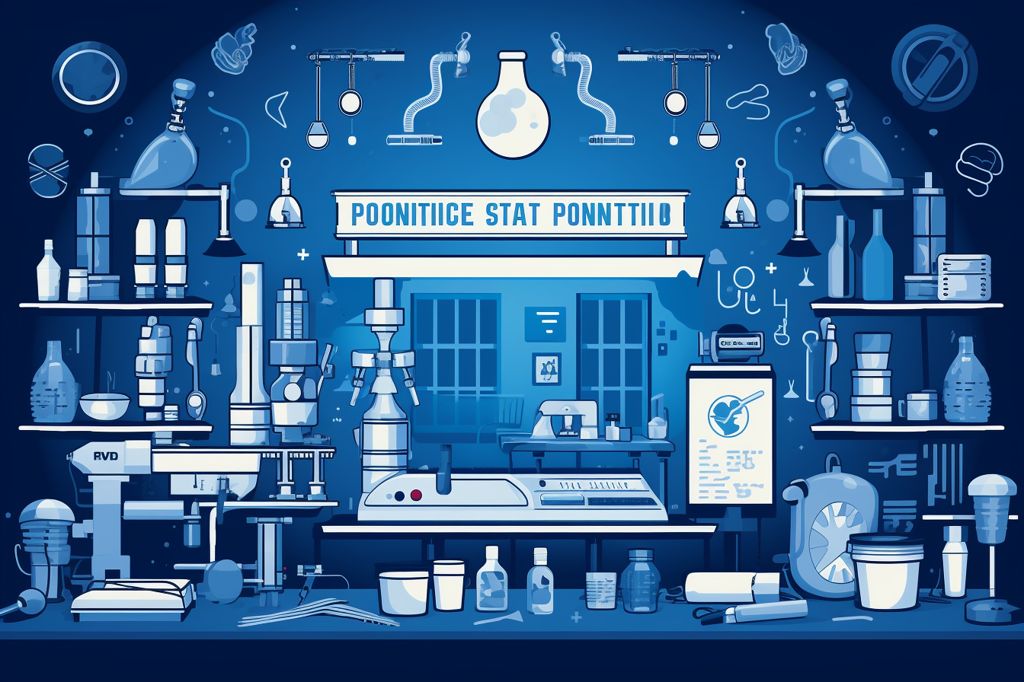Functional government and societal well-being rely heavily on an efficient and effective public service. As such, it is crucial to continuously analyze and improve this sector to ensure its success. The South African Public Service Commission (PSC) takes this responsibility seriously and has released a quarterly bulletin titled “The Pulse of the Public Service” to shed light on pertinent issues, challenges, and progress in the public service sector.
Spotlight on Pertinent Issues
For the period of January 1 to March 31, 2023, the bulletin focuses on several issues that require attention. One primary issue is the challenges faced by the South African Police Service Forensic Laboratories. These laboratories play a critical role in the criminal justice system, and their effectiveness directly impacts public safety and trust in law enforcement. By highlighting the issues faced by these laboratories, the PSC emphasizes the necessity of addressing and resolving these challenges to potentially pave the way for a more efficient and dependable forensic service.
Another crucial issue covered in the bulletin is the late payment of pension benefits. Ensuring that retired individuals receive their well-deserved pensions in a timely manner is not only a matter of fairness but also a significant factor in maintaining the overall well-being of the aging population. The PSC’s emphasis on this issue highlights its commitment to protecting the rights and welfare of retirees.
Progress and Updates on Public Service
The bulletin also provides a status report on the implementation of recommendations for service delivery inspections. These inspections aim to evaluate and enhance public services, ensuring that citizens receive the best possible quality of service. By providing updates on the progress made in implementing recommendations, the PSC encourages transparency and accountability in the public sector.
Fostering a Culture of Excellence in Public Service
The PSC also shares reflections on the hallmarks of an ideal public servant through a webinar. This inclusion emphasizes the importance of fostering a culture of excellence in public service. By identifying and promoting the qualities that contribute to outstanding public servants, the PSC aims to inspire current and future government employees to strive for the highest standards of service delivery.
Addressing Concerns and Providing Resolutions
Finally, the bulletin offers an overview of the number of complaints and grievances handled by the PSC up to March 31, 2023. This information demonstrates the PSC’s commitment to addressing concerns and providing resolutions for those who have experienced issues with public services. This dedication to transparency and accountability further enhances the PSC’s credibility as a government body.
A Step Towards Improvement
The June 27 release of “The Pulse of the Public Service” bulletin exemplifies the PSC’s efforts to provide accessible information and analysis on crucial government affairs. By discussing challenges, progress, and the qualities of outstanding public servants, the PSC fosters a sense of accountability and commitment to improvement within the public service sector. As the public and media engage with this information, the dialogue surrounding these issues may drive positive change and further enhance the quality of South African public service.








